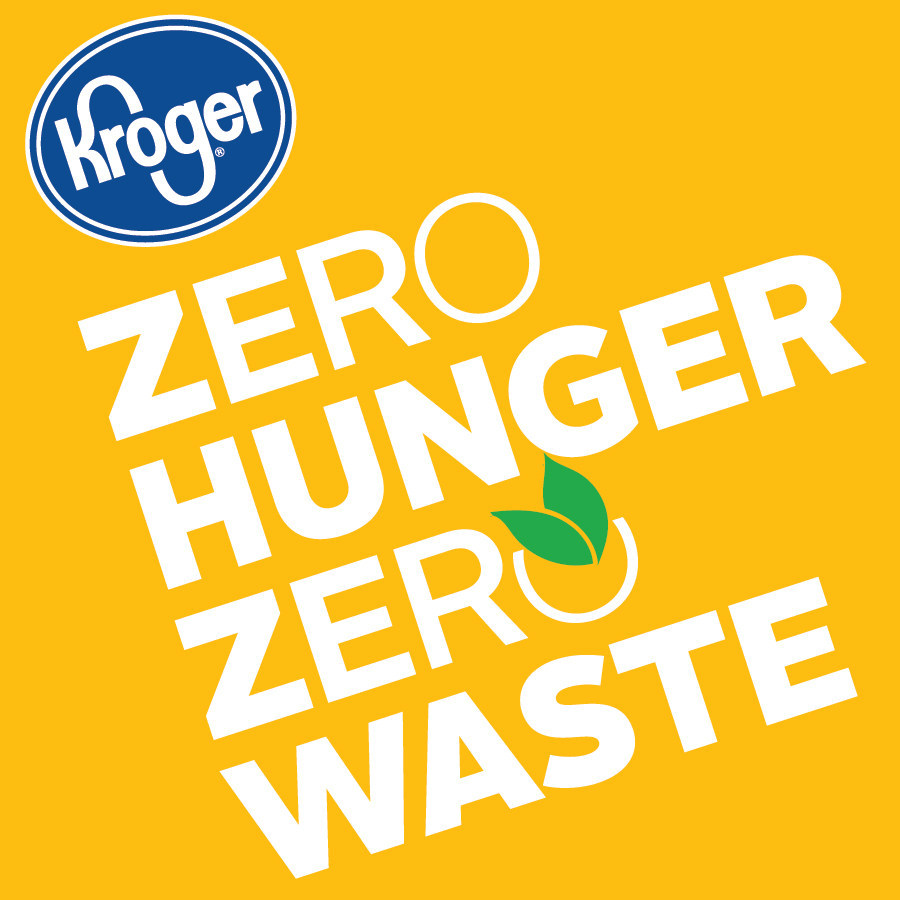 September 30, 2022
September 30, 2022
Kroger Marks Anniversary of its Zero Hunger | Zero Waste Impact Plan
Throughout the month of September, The Kroger Co. celebrated the five-year anniversary of its ambitious Zero Hunger | Zero Waste social and environmental impact plan. Launched in 2017, Zero Hunger | Zero Waste remains the centerpiece of the company’s environmental, social and governance (ESG) strategy. It is widely recognized as an industry-leading platform for collective action and systems change.
“As America’s largest grocer, Kroger is committed to building a more resilient, equitable and sustainable food system for generations to come,” said Keith Dailey, Kroger’s group vice president of corporate affairs and chief sustainability officer. “We are so proud of everything our more than 420,000 associates accomplished in the last five years. The unique ways our teams embraced the challenge to help end hunger and waste in our communities are inspirational. We cannot wait to see how they continue to bring the strategy to life.”
Kroger’s Zero Hunger | Zero Waste commitments aim to drive positive impacts for people and our planet by increasing access to fresh, affordable food; advancing sustainability by reducing emissions and food waste; changing systems through strategic philanthropy; and catalyzing innovation.
“We’ve learned a lot since introducing our Zero Hunger | Zero Waste plan five years ago,” said Denise Osterhues, Kroger’s senior director of ESG and president of The Kroger Co. Zero Hunger | Zero Waste Foundation. “It’s clear that as a grocery retailer, Kroger has a unique role to play in the future of food, from the way it is produced and transported to the way it is purchased and consumed. We are incredibly grateful to the nonprofit and for-profit organizations who amplify our Zero Hunger | Zero Waste mission at the national and local levels. Collective action is truly the key to our shared success.”
The Zero Hunger | Zero Waste action plan expresses the grocer’s mission to:
- Feed: Expand surplus food recovery and redistribute to provide a total of more than three billion meals to its communities by 2025
- Nourish: Improve health and well-being by promoting fresh foods and affordable, better-for-you options
- End waste: Embed retail best practices to optimize ordering, extend freshness and reduce waste in its operations
- Inspire change: Direct funding to social entrepreneurs who are transforming the food system through the Zero Hunger | Zero Waste Foundation’s Innovation Fund
- Advocate: Support public policy and legislative solutions that improve food access and create infrastructure for a zero-waste future
- Transform: Advance planet-forward agricultural production methods around the world to conserve natural resources and protect habitats
- Collaborate: Cultivate long-standing and new partnerships for meaningful collective action to achieve our Zero Hunger | Zero Waste goals
- Build stronger communities: Align charitable giving, community engagement and volunteerism to create a better future
In the first five years of its impact plan, Kroger and its associates have achieved:
- $1 billion in giving to hunger relief, which includes 500 million pounds of surplus food donated, for a total of 2.3 billion meals directed to communities
- $44.6 million in grants from The Zero Hunger | Zero Waste Foundation, which was established in late 2018 to support food systems change
- $5.2 million in Innovation Fund grants for social entrepreneurs through the Zero Hunger | Zero Waste Foundation’s signature program
To learn more about Kroger’s Zero Hunger | Zero Waste progress and download its 2022 ESG report, visit here.
